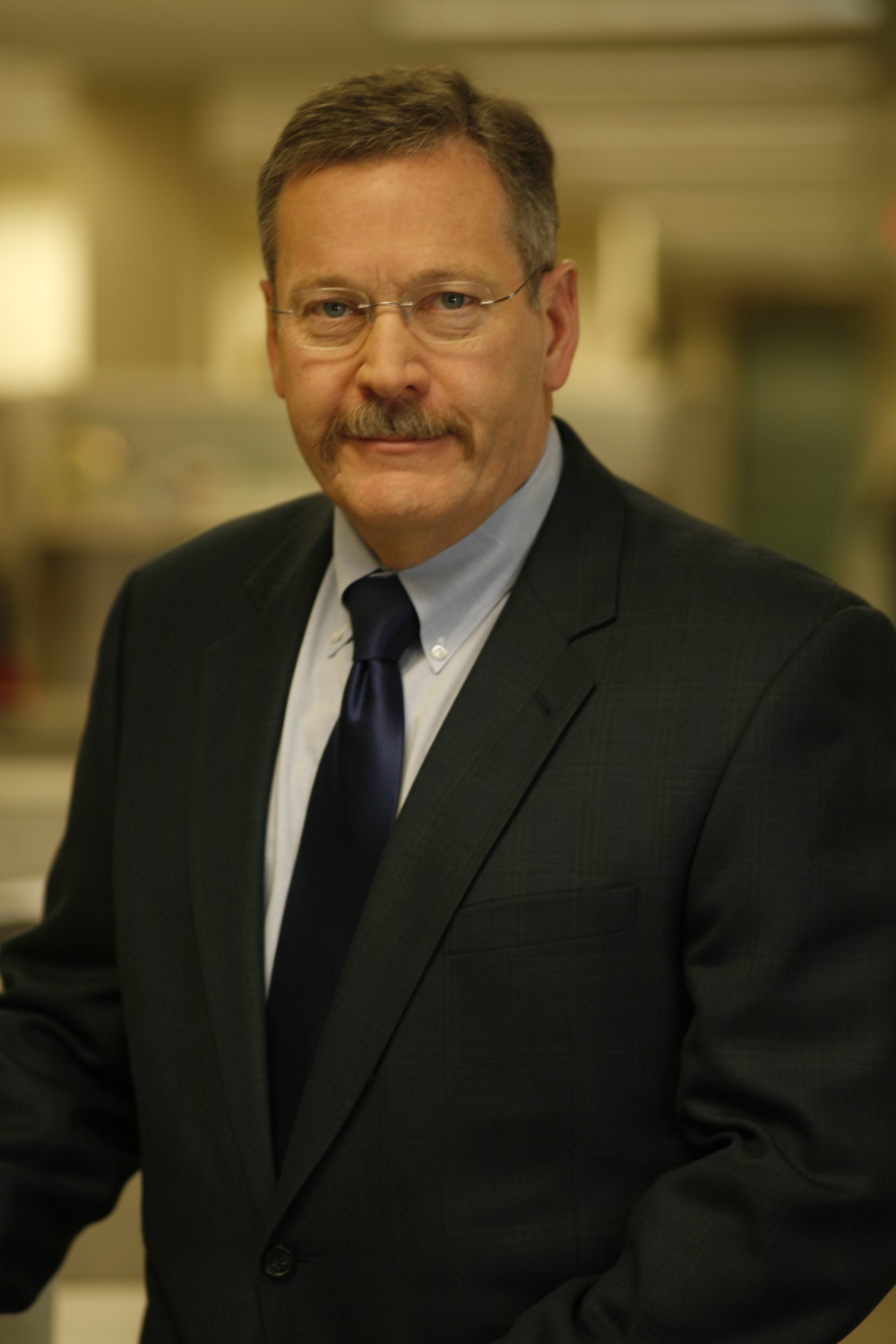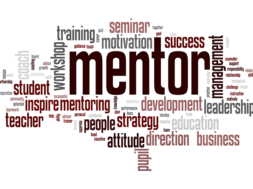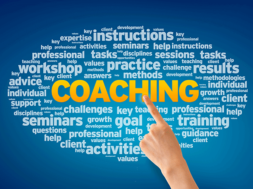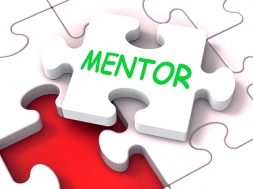
In Search of the Holy Grail of Student Retention
By John King Ed.D., Independent Education Consultant
Throughout my long career in public, not-for-profit and for-profit education, academics have been searching for that one magical tool or process that will ensure student retention, learning and ultimately graduation and employment in a career. In reality however, that magical tool or process is as mythical as the Holy Grail itself.
There is no one single tool that will ensure that students persist and learn…it takes an assortment of coordinated tools, processes and people to build a successful student retention program.
Over the years I have watched many schools and organizations focus on front-loading new student starts as a way to maintain positive enrollment levels. Less effort was expended on keeping those enrolled students in school once they started. As a result, education in general has taken a reputation beating for poor outcomes when it comes to stop, drop and completion rates. Fiscally, it costs more to continually attract and enroll students than it does to implement processes that will keep students continually in school. This has probably helped add to the increase in tuition costs over the years.
When I finally got to a position of authority where I could impact positive student persistence and graduation I focused my team on developing a comprehensive program that would keep students in school, learning, graduating and be more competitive in the job market. We took a hard look at five years of our data to determine when, where and why we lost students in the education process. We found out that students who were stopping or dropping out rarely did it for academic reasons and that they did so within the first 120 days of starting school. We also found that those campuses whose administration and faculty fully engaged students in the learning process had the best outcomes in attendance, persistence, student achievement, student attitude and satisfaction and completion and employment. For example, on these campuses faculty actively mentored and coached their students beyond classroom instruction, and administrators regularly walked the halls interacting with students not only for discipline but also for encouragement and support. Classes were fun and engaging, faculty and administrators accessible and present and the facilities were clean and up-to-date. These campuses also modeled and demanded professionalism from their students.
We took this knowledge and best practices and developed a comprehensive program focused on improving student persistence and graduation. Historically, we knew that there were certain things that we did very well. Our curriculum and equipment was up-to-date and first class. Our instructors were professional and skilled in their field. Our faculty and staff cared for our students and consistently went above and beyond to provide service. We were successful and educating our students and helping them find employment in their chosen career field. But we also knew that there was room for improvement. We knew that formative and summative assessment was important to know where our students were beginning and ending academically. But from a behavioral standpoint we decided that it was important to know what challenges and baggage students were bringing with them to school. We knew that most of our students had not necessarily been successful in a traditional academic setting and that they needed more attention than most. We decided that it was important to help theses student have early success to show them that they could perform in an academic setting.
We knew from our Industry Advisory Committees that soft skill development was important to employers so we decided to focus on professionalism and job preparation from day one instead of waiting until later in the curriculum.
We also knew we needed to address specific student challenges and needs including:
- Academic skills development and engagement in the learning process;
- Connecting with students and building support networks;
- Confidence building and addressing life skills;
- Mentoring and coaching;
- Financial planning and responsibility; and
- Professional development and job readiness.
We built an eight-part program that addressed each of these challenges and need areas; piloted the program and obtained support for and commitment to its implementation from the top to the bottom of the organization.
Across 34 campuses we saw this program result in double-digit improvement in student persistence (with many campuses in the 90 percent range), improved academic performance, student satisfaction and behavior and attitude, improvement in graduation and employment. Overall, retention improved by 12 percent, graduation by 6 percent and student satisfaction by 13 percent. Faculty morale and retention also improved, as they were enthusiastic about the program and its impact on students. The program was very successful.
I have since updated my thoughts and expanded the original eight elements to 12 that I call “Stepping Stones to Success.” These 12 “Stepping Stones to Success” are as follows:
- Pre-Start Engagement – Students are excited and nervous about starting school. It is important to ensure that students get off to a good start. Reach out to them early to answer any questions they may have and form a connection between them and the institution or advisor.
- Intake Assessment & Advising – Is it important that both you and the student know what they bring to school, not only academically but attitudinally and behaviorally.
- Orientation – The first few days of school are just as important as the last few. Orientation should be just as exciting as graduation. This is where you have the opportunity to connect with the student and get them started off on the right foot.
- Early Academic Success – Most new students have never experienced post-secondary education and they have their doubts about their ability to succeed. It is important, especially for past underperformers, to have a “success-focused” course where they can learn how to be good students, improve study and learning skills and what it takes to succeed.
- Technology/Online Literacy – Much of 21st century work is being conducted via technology and in an online environment. Students need to be exposed early to the technological tools they will need to master in order to be successful both in school and in work.
- Engaging Innovative Faculty – Student performance and persistence is often won or lost in the classroom. The relationship between student and instructor is critical in the learning process. A commitment to first-rate faculty and their continued development as engaging instructors is critical to successful student performance.
- Student Engagement & Mentoring Program – Providing an early contact person who can serve as a resource and coach for students during those critical first 120 days is a must. Simple one-hour sessions discussing strategies to address key academic and life issues are extremely helpful for students. Faculty coaching throughout the student lifecycle keeps the student focused and connected to graduation.
- Quality Traditional or Competency-Based Curriculum – Even the best teachers need quality curriculum in order to successfully impact learning. Curriculum must be engaging, current, relevant, and delivered in a manner that best meets the learning needs and styles of the learners.
- Financial Literacy Curriculum – A post-secondary education is one of the biggest investments and financial obligations a student will assume in his or her lifetime. It is critical that they understand the magnitude of this commitment and the responsibilities and consequences that go along with it. Part of the student’s education must include financial literacy and planning.
- Engaging Instructional Methodology – Today’s students have various learning styles and preferences and extremely short attention spans. Effective faculty must adopt instructional methodology and techniques that connect and engage students and help them learn in the way that best meets their needs.
- Online or Blended Delivery – Today’s student needs flexibility in their educational schedule. Five days a week, eight hours a day is no longer the norm. The new norm is 365/24/7. Online and blended delivery builds flexibility in the educational process and at the same time provides the student with a real work experience, as the world of work is often online and virtual.
- Professionalism & Job Preparation – The skills and habits a student develops in school are the ones he or she will bring to the workplace. It is critical that a student begins working on professionalism and job preparation from day one. Professionalism, portfolio preparation and resume building should begin with the first day of school.
As you can see from this list there is a lot to be done to make a new student a learner, a graduate and ultimately an employee. Orientation can be fun and exciting for a highly motivated new student. Intake assessment can identify not only academic ability but also potential challenges students may face. Early student engagement and mentoring can provide students with a sense of belonging and a point of contact should problems arise. Technology can provide a bridge from the student’s personal world to the world of learning. A focus on professionalism can instill good work and study habits from day one.
It takes training and commitment from every member of the organization to make this a reality. However, it can be done and if done will make for a better organization, better employees and better students. Institutions need to stop chasing the Holy Grail and get down to the business of building better programs to holistically serve their students.
Dr. John King is an independent education consultant based in Naples, Florida. He can be reached at King0558@verizon.net or 862-438-7039.

Dr. John King is a seasoned professional dedicated to providing strategic services for organizations seeking improved operational effectiveness and growth through change or strategic direction. Dr. King can be best described as an educator, entrepreneur, futurist, innovator, marketer, strategist and leader.
John King is an independent strategic consultant based in Naples, Florida. Throughout his career, John has been focused on bring innovation and forward thinking to the organizations and institutions with which he has been associated, most recently as Senior Vice President and Chief Academic Officer at Lincoln Educational Services.
In addition to serving as SVP and Chief Academic Officer of Lincoln Educational Services Inc., he has served as Senior Vice President of Academic Affairs at Career Education Corporation, Provost & Vice President of Academic Affairs at Brown College in Minnesota, and Dean of Business & General Education at St. Paul Community & Technical College. John has also been both a full-time and adjunct instructor at the undergraduate and graduate level.
Prior to entering education in 1988, John worked in Marketing and Communications with such firms as Campbell-Mithun Advertising in Minneapolis, Tec Trans International Inc. in Minneapolis and Allied Stores Marketing Corporation in New York. John also operated his own consulting firm for ten years and was a partner in The Creative Edge and Bijou, commercial and corporate video production companies.
Dr. King has served as chair or trustee for various colleges including Lincoln College of New England, Lincoln College of Technology – Columbia, MD, and McIntosh College in New Hampshire. John has also served on the Dakota County (Minnesota) Private Industry Council, the Eagan, Minnesota Economic Development Commission, the Small Business Management Program Advisory Committee of Dakota County Technical and Community College, the Employee Assistance Program Advisory Board of Family Service of Greater Saint Paul, and the Small Business Publicity Committee of the Minneapolis Chamber of Commerce. John was also on the Board of Directors of the Twin Cities Marathon.
In 2010 Dr. King was featured in the cover story “Who Influenced Education This Year” in Career College Central Magazine.
John earned a BA in Economics at St. Bernard College, a Masters in Education from the University of Minnesota and a Doctorate in Educational Leadership from the University of St. Thomas.
Contact Information: Dr. John King // Independent Education Consultant // Phone: 862-438-7039 // King0558@verizon.net











